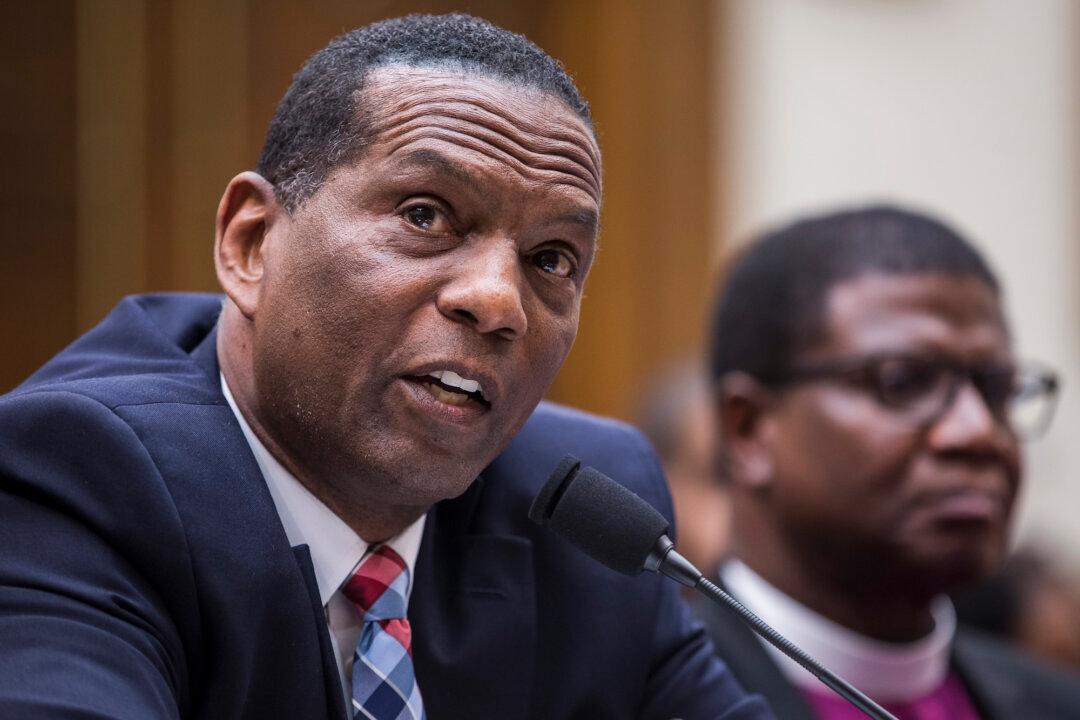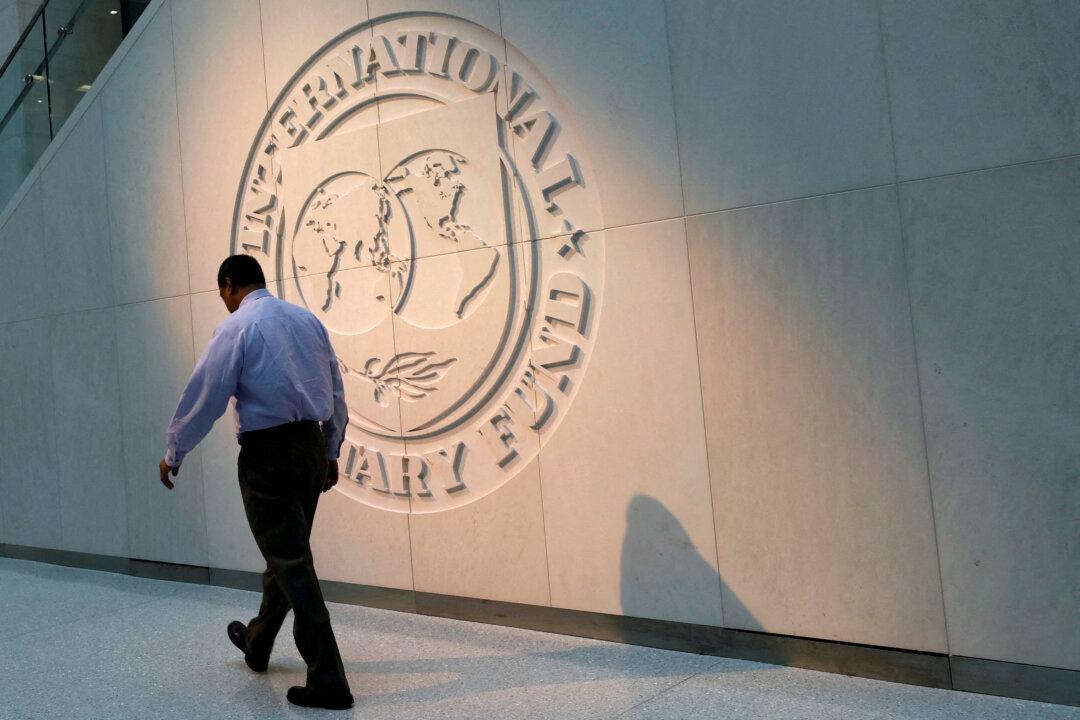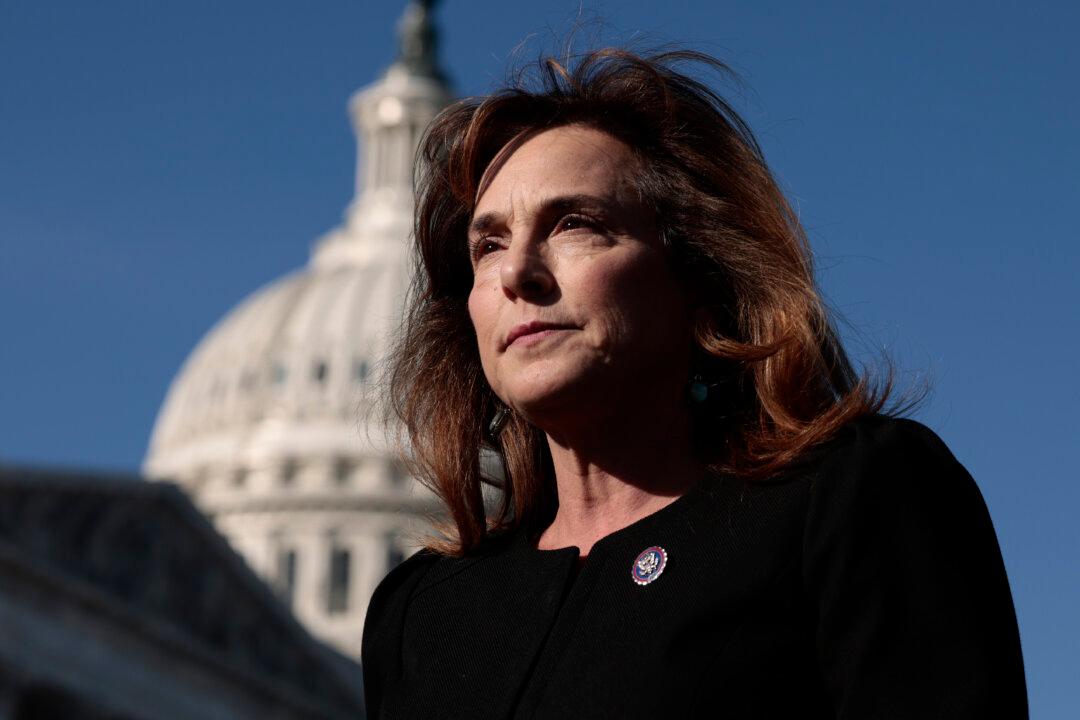The Biden administration’s plan to forgive student loans was criticized last week by Rep. Burgess Owens (R-Utah), who asserts that the president’s plan will “mortgage our children’s future.” The congressman compared Democrat strategies to those of former Marxist leaders and called attention to the urgent need to reduce the cost of college tuition.
In August 2022, President Joe Biden issued an executive order forgiving up to $20,000 in student loan debt for eligible borrowers. The order also extended student loan forbearance “one final time through December 31, 2022.”




